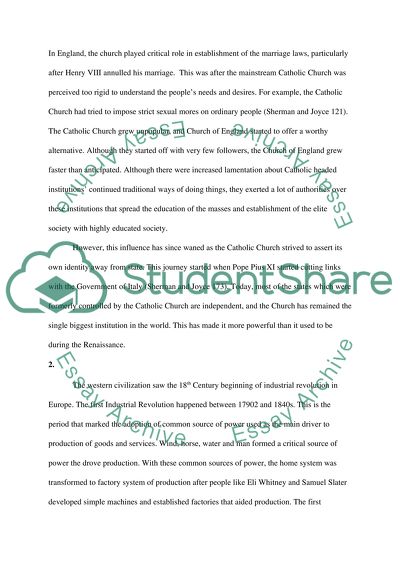Cite this document
(The Impact of the Cold War and New Scrambles for Africa Essay, n.d.)
The Impact of the Cold War and New Scrambles for Africa Essay. Retrieved from https://studentshare.org/religion-and-theology/1610906-final-exam-essay-questions
The Impact of the Cold War and New Scrambles for Africa Essay. Retrieved from https://studentshare.org/religion-and-theology/1610906-final-exam-essay-questions
(The Impact of the Cold War and New Scrambles for Africa Essay)
The Impact of the Cold War and New Scrambles for Africa Essay. https://studentshare.org/religion-and-theology/1610906-final-exam-essay-questions.
The Impact of the Cold War and New Scrambles for Africa Essay. https://studentshare.org/religion-and-theology/1610906-final-exam-essay-questions.
“The Impact of the Cold War and New Scrambles for Africa Essay”, n.d. https://studentshare.org/religion-and-theology/1610906-final-exam-essay-questions.


